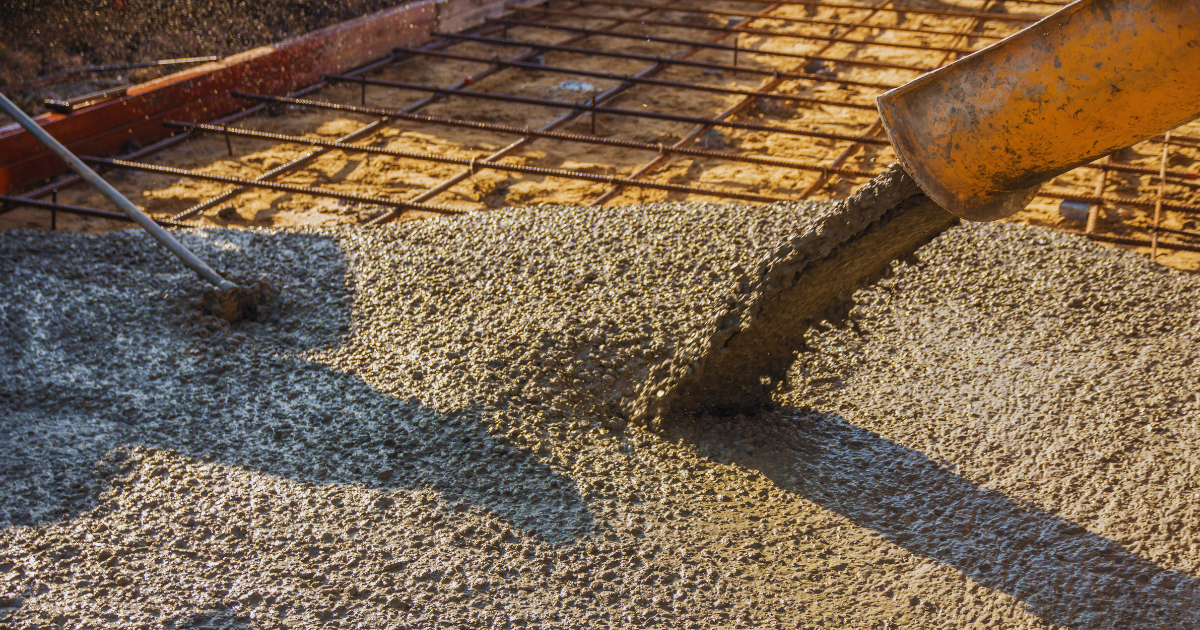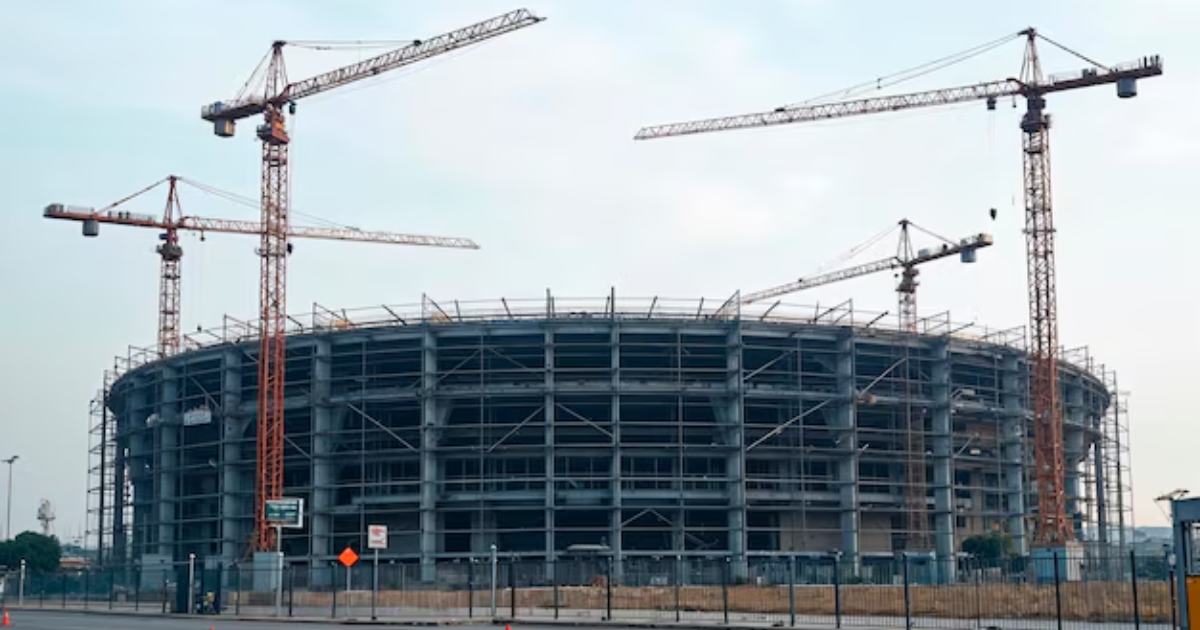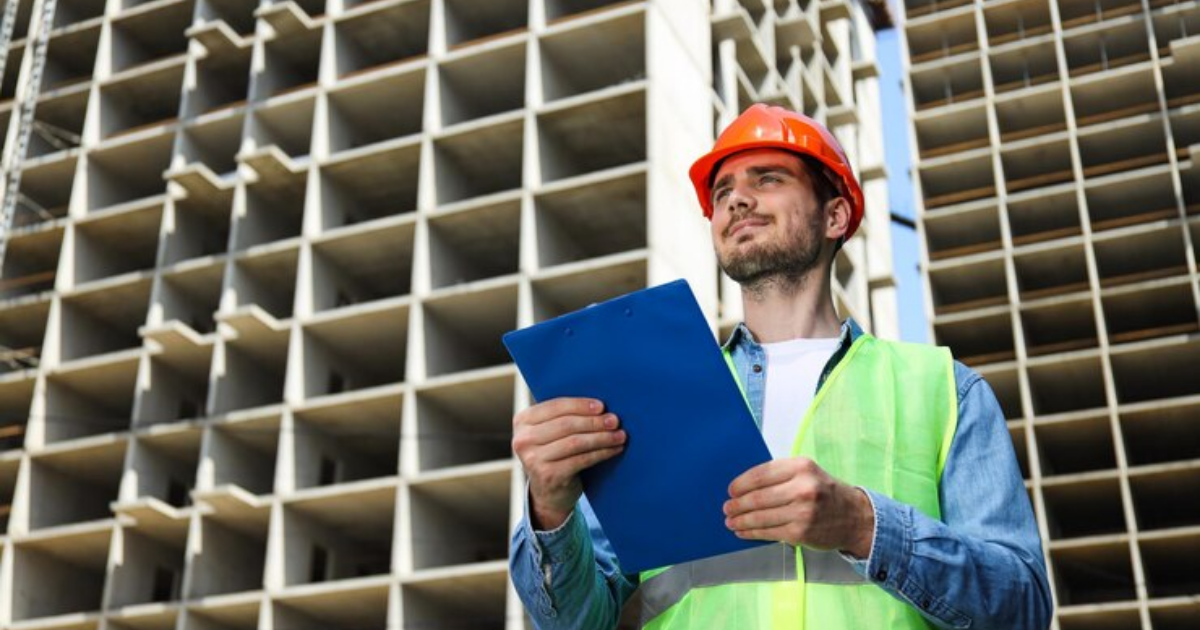Concrete is a fundamental material in the construction industry, known for its durability and versatility. To create the perfect mix, having the right concrete mixer machine is essential. As an integral piece of equipment, a concrete mixer machine ensures the proper blending of cement, sand, gravel, and water to produce the best possible concrete for any project. In this comprehensive guide, I will walk you through everything you need to know about choosing the right concrete mixer machine for your needs.
Understanding Concrete Mixer Machines
A concrete mixer machine, also known as a cement mixer, is a device that combines cement, aggregates, and water to form concrete. The mixing process ensures that the concrete is uniform and consistent, providing a strong and durable end product. Concrete mixer machines come in various sizes and configurations, each suited for different types of projects.
Types of Concrete Mixer Machines
When choosing a concrete mixer machine, it’s important to understand the different types available. Here are the main types:
Batch Mixers: These mixers mix a specific amount of concrete in batches. They are ideal for small to medium-sized projects. Batch mixers can be further divided into:
Drum Mixers: The drum rotates to mix the concrete. There are two main types of drum mixers: tilting drum mixers and non-tilting drum mixers.
Pan Mixers: These have a cylindrical pan where the concrete is mixed. They are known for their thorough mixing capabilities.
Continuous Mixers: These mixers continuously mix the concrete as long as the machine is running. They are suitable for large-scale projects that require a constant supply of concrete.
Self-Loading Mixers: These are advanced mixers that load, mix, and discharge concrete automatically. They are mobile and are ideal for remote construction sites.
Factors to Consider When Choosing a Concrete Mixer Machine
Selecting the right concrete mixer machine involves considering several factors to ensure it meets your specific needs. Here are the key factors to keep in mind:
- Project Size and Scope
The size and scope of your project will significantly influence the type of concrete mixer machine you need. For small to medium-sized projects, a batch mixer is typically sufficient. For larger projects, a continuous mixer or a self-loading mixer may be more appropriate. - Volume of Concrete
Consider the volume of concrete you need to produce. Batch mixers are ideal for producing concrete in specific quantities, while continuous mixers are better for projects requiring a large, continuous supply of concrete. - Mobility and Accessibility
Think about the location of your project. If your construction site is in a remote area or difficult to access, a self-loading mixer or a mobile mixer would be beneficial. These mixers are designed to be easily transported to various sites. - Power Source
Concrete mixer machines can be powered by electricity, gasoline, or diesel. The choice of power source will depend on the availability of power at your construction site and the type of mixer you choose. Electric mixers are suitable for areas with a reliable power supply, while gasoline or diesel mixers are ideal for remote sites without access to electricity. - Mixing Speed and Efficiency
The efficiency of the mixer in terms of mixing speed and thoroughness is crucial. Look for a mixer that can produce a uniform mix quickly, especially if you have tight deadlines. - Durability and Maintenance
Consider the build quality and durability of the mixer. A sturdy machine made from high-quality materials will last longer and require less maintenance. Also, check the availability of spare parts and after-sales service to ensure the machine can be easily maintained and repaired. - Budget
Budget is always an important consideration. While it’s tempting to go for the cheapest option, investing in a high-quality mixer that meets your needs will pay off in the long run. Consider the total cost of ownership, including initial purchase price, operating costs, and maintenance expenses.
Benefits of Using a Concrete Mixer Machine
Using a concrete mixer machine offers numerous benefits that can enhance the efficiency and quality of your construction projects:
- Consistent Mix
A concrete mixer machine ensures a consistent and uniform mix, resulting in higher quality concrete. This consistency is crucial for the strength and durability of the finished product. - Time and Labor Savings
Mixing concrete manually is labor-intensive and time-consuming. A concrete mixer machine automates the process, saving time and reducing the amount of manual labor required. - Increased Productivity
With a concrete mixer machine, you can produce concrete more quickly and efficiently, increasing the overall productivity of your project. - Versatility
Concrete mixer machines are versatile and can handle different types of mixes, including standard concrete, high-strength concrete, and specialty mixes. - Cost-Effectiveness
Although there is an initial investment, using a concrete mixer machine can be cost-effective in the long run due to the savings in labor, time, and material waste.
Tips for Operating a Concrete Mixer Machine
To get the most out of your concrete mixer machine, follow these operational tips:
Read the Manual: Always read the manufacturer’s manual and follow the recommended operating procedures and safety guidelines.
Inspect the Machine: Before use, inspect the mixer for any signs of damage or wear. Ensure all components are in good working condition.
Measure Ingredients Accurately: Measure the ingredients (cement, aggregates, water) accurately to ensure a consistent mix. Follow the recommended mixing ratios for your specific project.
Load the Mixer Properly: Load the mixer with the ingredients in the correct order, typically starting with the aggregates, followed by the cement, and then the water.
Monitor the Mixing Process: Keep an eye on the mixing process to ensure the ingredients are blending properly. Adjust the mixing time as needed to achieve the desired consistency.
Clean the Mixer After Use: After each use, thoroughly clean the mixer to prevent the buildup of concrete residue, which can affect the performance of the machine.
Perform Regular Maintenance: Regularly maintain the mixer according to the manufacturer’s guidelines. This includes lubricating moving parts, checking for wear and tear, and replacing any worn-out components.
Conclusion
Choosing the right concrete mixer machine is crucial for the success of your construction projects. By understanding the different types of mixers and considering factors such as project size, volume of concrete, mobility, power source, and budget, you can select a machine that meets your specific needs.
The benefits of using a concrete mixer machine, including consistent mixes, time and labor savings, increased productivity, versatility, and cost-effectiveness, make it a valuable investment for any construction professional. Remember to follow operational tips to ensure the machine operates efficiently and lasts for many years. With the right concrete mixer machine, you can enhance the quality and efficiency of your construction projects, ultimately leading to better results and higher satisfaction for your clients.







